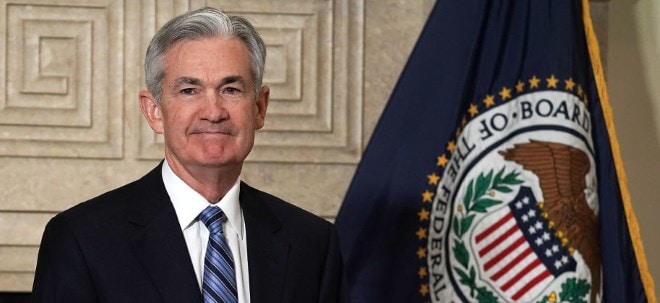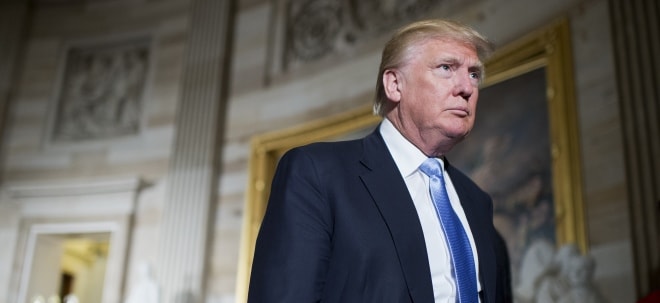Das ist halt das Dilemma, in dem wir uns befinden. Ich denke, ich lehne mich da nicht zu weit aus dem Fenster, wenn ich die USA bereits seit Ende 2007 in einer Rezession sehe.
Nun ist die alles entscheidende Frage, wie tief diese Rezession gehen wird.
Einen Anhaltspunkt lieferte heute aktuell die OECD:
"Das Wirtschaftswachstum der USA wird in den ersten beiden Quartalen sehr schwach sein", sagte OECD-Chefökonom Jorgen Elmeskov. Im ersten Vierteljahr ist den Berechnungen zufolge nur noch mit 0,1 Prozent Wachstum zu rechnen, im zweiten Quartal werde die Konjunktur dann total stagnieren. Das milliardenschwere Steuerprogramm, das Präsident George W. Bush aufgelegt hat, werde an der Situation kaum etwas ändern, sagte Elmeskov.
Andererseits wissen wir, dass die Börse Entwicklungen vorwegnimmt und dass das Ende einer Rezession nicht per Radio oder Internet bekanntgegeben wird. Ein Artikel, welcher aktuell bei Seeking Alpha eingestellt ist, fordert bereits dazu auf, auf dem Aktienmarkt Schnäppchen einzusammeln. Wer also den Statistiken glauben schenken möchte, dass eine Rezession im Schnitt 6-9 Monate dauert, ehe die Wirtschaft wieder anzieht, wird sich evtl. dann dementsprechend positionieren.
Der eher vorsichtige Investor wird wahrscheinlich schauen, inwieweit die USA nicht wirklich in eine systemische Krise geraten, denn von einer Entspannung an den Kreditmärkten zu sprechen, wäre wohl allzu verfrüht. Der Druck auf den US-Konsumenten, welcher 70% der Wirtschaftsleistung in den USA stützt, wird sich auch in näherer Zukunft nicht sonderlich vermindern. Auch werden von seiten der Hedge-Fonds und Private-Equity-Gesellschaften wohl kaum positive Impulse kommen, die Phase des De-Leveraging ist hier in vollem Gange, negative News dürften da wohl eher vorprogrammiert sein.
Empfehle hierzu auch den Artikel bei Marketwatch
The Great Unwind has begun, Citigroup warns
Avoid leveraged companies, countries and consumers
http://www.marketwatch.com/news/story/...A4B9C9330%7D&dist=TNMostRead
Und noch der erwähnte Artikel aus dem Seeking Alpha-Blog
Don't Wait for the Official End of the Recession
In his latest annual report to shareholders, Guru Charles Royce published some interesting statistics:
All the figures reflect cumulative total returns from the official start of the recession [a date only known after the fact] and through the last month of the recession as determined by the resumption of GDP growth. That date, by definition, is also known only after the fact.
There was no consistent over or under performance as related to cap size. What was glaring, though, was that 7 of the 8 measured total returns DURING the recessions were nicely positive numbers. Even the one negative was very minor.
Also noteworthy was the average duration of the most recent four recessions - an average of 9.5 months start to finish. Three of the four were eight months or less.
If the US entered a recession late last year [as is likely based on empirical data that has come in since year-end 2007], then we may very well be close to halfway through this latest one.
Since stock markets are leading indicators, we could be set for a pick-up in the averages pretty soon if this recession lasts the typical 6-9 months from inception.
Moral: Don't wait for the official end of the recession to load up on bargains. Share prices typically start rising about 6 months before the proclamation that "The Recession is Over" hits the airwaves. |


 Thread abonnieren
Thread abonnieren






